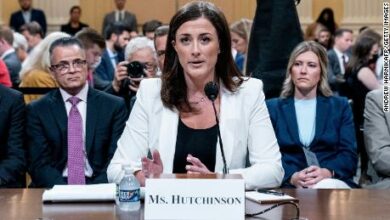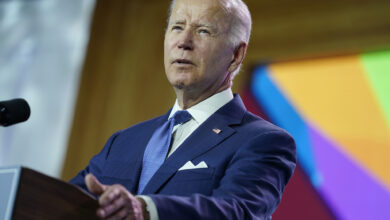The National Association for Change (NAC) on Sunday demanded Egypt's ruling Supreme Council of the Armed Forces (SCAF) hand over power to a civilian caretaker government with the power to run the country during the remainder of the transitional period.
In a statement issued on Sunday, the NAC, which was founded by presidential hopeful and former International Atomic Energy Agency (IAEA) head Mohamed ElBaradei, held the SCAF responsible for Egypt's worsening security and economic situation. The statement urged political forces to rebuff attempts to sabotage the revolution.
Aided by dishonest and unhelpful advisers, the SCAF has dragged Egypt into a political and economic deadlock, said the statement.
The failure of various political forces to agree on basic principles for the new constitution and the panel to be selected to draft it will create a new source of controversy after the upcoming parliamentary elections, the statement continued.
This failure will enable the SCAF to independently appoint the constitutional assembly and maintain its advantageous position in the country, thus turning the revolution into a soft military coup, it said.
The statement rejected the armed forces' engagement in politics and called for the military budget to be subject to parliamentary oversight.
It urged Egyptians not to respond to calls by "anti-democracy" forces to protest against the government's proposed supra-constitutional principles – in clear reference to the Islamist forces that have expressed opposition to the plan.
“Those powers believe they can draft the constitution alone and undermine efforts to establish a democratic civilian state which rejects religion-based political decisions,” read the statement.
Controversy erupted when Deputy Prime Minister Ali al-Selmy began circulating to political forces a document of principles to be adopted before drafting the country’s next constitution. Liberal political groups have generally supported the document since Selmy agreed to amend articles making military actions and its budget immune from parliamentary oversight.
Islamist groups, however, refuse to discuss the constitution before parliamentary elections, arguing that the country should instead stick to the election schedule set after Egyptian voters approved a March constitutional referendum.
Secular and liberal groups fear Islamists will control the constitutional drafting process should they win a parliamentary majority.




